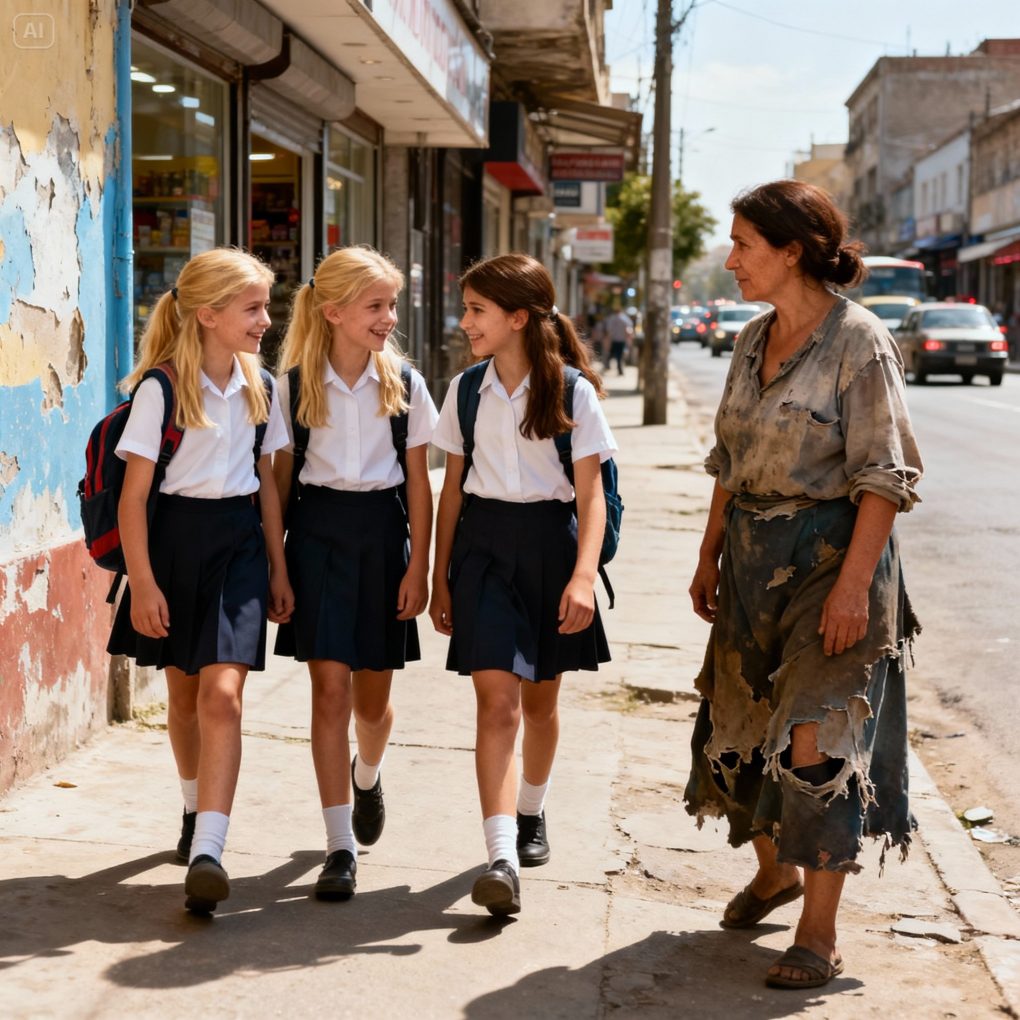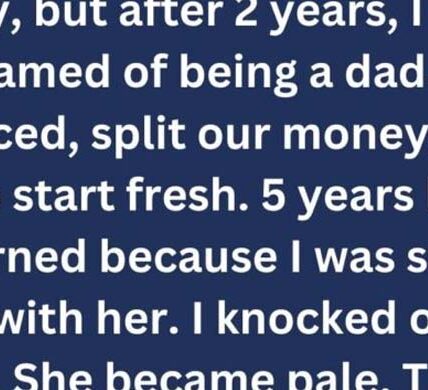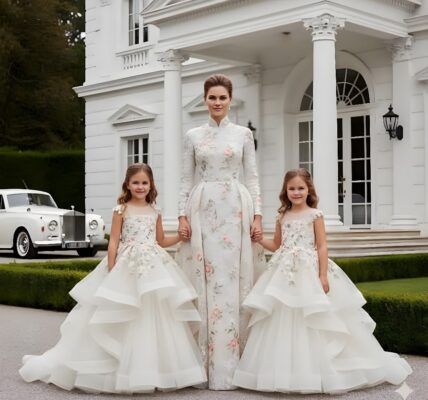There was a crazy woman who always told Clara that she was her real mother every time Clara and her friends walked home after school.
There was a crazy woman who always told Clara that she was her real mother every time Clara and her friends walked home after school…
Every afternoon, Clara and her two best friends, Mia and Jordan, took the same route home from school — down Maple Street, past the bakery, and across the old park where a woman in torn clothes always sat on the same bench.
Most days, the woman muttered nonsense to herself, clutching a worn-out teddy bear. But one day, as Clara walked by, the woman suddenly stood up and shouted, “Clara! Clara, it’s me! I’m your real mother!”
The kids froze. Mia whispered, “Just ignore her,” and they hurried away, laughing nervously. But Clara didn’t laugh. Her chest tightened, and for some reason, the woman’s voice stuck in her head.
After that, it became routine — every day, the same thing. The woman would call her name, sometimes softly, sometimes screaming. Teachers said she was just a local homeless woman with mental issues. Clara’s adoptive parents, Mark and Elaine Carter, told her to stay away. “She’s dangerous, sweetheart,” Elaine said, pulling her close. “Don’t go near her.”
But late at night, Clara couldn’t stop thinking about her. How did that woman know her name? How did she know the tiny birthmark behind Clara’s ear — the one no one ever mentioned?
And then, one rainy afternoon, when Clara dropped her notebook while crossing the park, the woman bent down to pick it up. “You have your father’s eyes,” she whispered, pressing the notebook into Clara’s hands. “They told me you died.”

Clara ran home, drenched and shaking. “Mom,” she said, “that woman— she knew things. She knew about the mark behind my ear.”
Elaine froze. Mark looked at the floor. For the first time, the house felt unbearably quiet.
After a long pause, Elaine sighed. “Clara, there are things we haven’t told you. We adopted you when you were two. The agency said your mother… she wasn’t well. She left you at a shelter.”
Clara felt the air leave her lungs. “So she’s real. That woman…”
“She’s sick,” Elaine said quickly. “You can’t believe anything she says.”
But curiosity gnawed at Clara. The next day, she went alone. The woman, whose name was Lydia, sat under the same tree, clutching the same bear. When Clara approached, Lydia’s eyes filled with tears.
“They told me you’d been taken,” she said softly. “I searched for years. I wasn’t crazy, Clara — I was grieving.”
She handed Clara a faded photo. A young woman with bright eyes held a baby wrapped in a yellow blanket — the same blanket Clara still kept in her room.
“Please,” Lydia whispered. “Just hear me out.”
Clara secretly met Lydia over the next few weeks. Each story Lydia told matched fragments of Clara’s childhood — the lullaby, the scar on her knee, the name “Star” that no one else knew she once answered to.
Finally, Clara couldn’t take it anymore. She confronted her adoptive parents. “You said she abandoned me,” she said, her voice trembling. “But she didn’t — did she?”
Mark’s eyes filled with guilt. “We didn’t know the whole truth,” he admitted. “Your biological mother was in an accident. She was in a coma for months. The system declared you abandoned before she woke up. When she finally recovered, it was too late. We… we couldn’t bear to lose you.”
Elaine broke down. “We were wrong to hide it. I was just afraid you’d leave us.”
Clara sat there in silence, her heart torn between gratitude and grief.
The next day, she brought Lydia home. Elaine stood frozen at the door, then, slowly, she reached out and hugged the trembling woman. For the first time, Clara saw two mothers — one who had given her life, and one who had fought to give her a better one — both crying in each other’s arms.
That day, the “crazy woman” wasn’t a stranger anymore. She was a mother who had never stopped searching.





